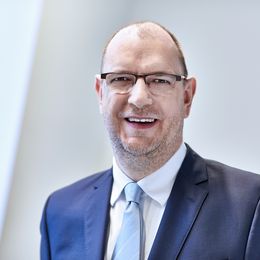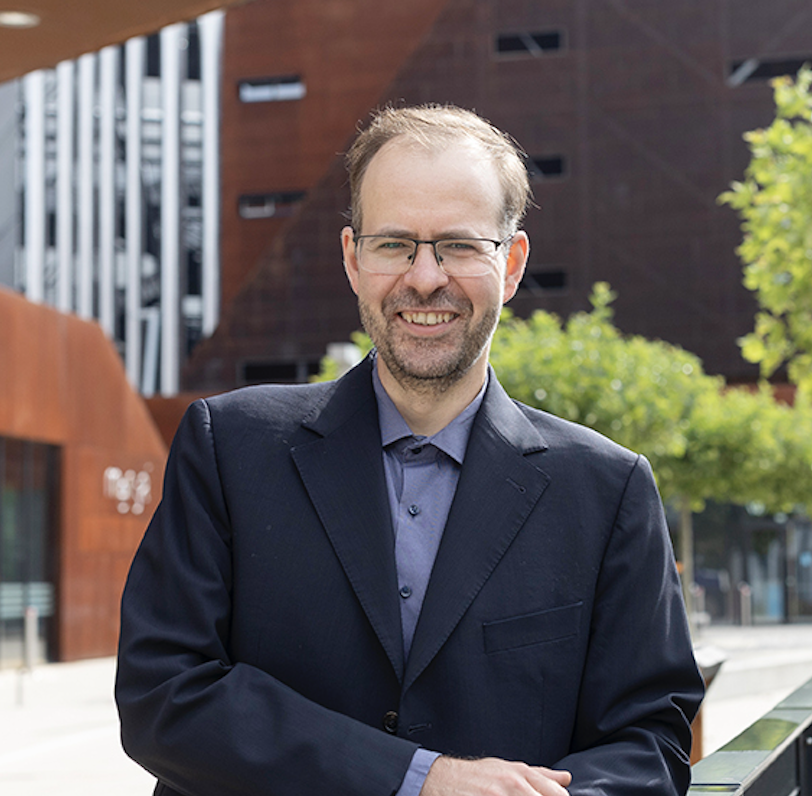Let's Talk about Strategic Communication: a Sit Down with Experts
April 23 - December 23


April 23 - December 23



Let's Talk about Strategic Communication: a Sit Down with Experts is an initiative organized by researchers from the Communication Institute of the Faculty of Social and Human Sciences at Universidade Nova de Lisboa (ICNOVA). The initiative is coordinated by Ana Margarida Barreto (FCSH-UNL - ICNOVA). The objective is to debate contemporary themes involving Strategic Communication, in an open format (not only to an academic audience). These series of informal conversations with a 1h duration aim to give voice to international and national experts who will talk about their work. By doing so, we hope to contribute to the dissemination of the importance of strategic communication in different domains, as well as perspectives. Each lecture is followed by a moment of conversation with the audience, moderated by a researcher from ICNOVA or from another university. The Cycle will take place monthly, beginning in April.

Professor of Strategic Communications and Public EngagementLondon School of Economics and Political Science
Chair: Gisela Gonçalves (Labcom, UBI)
Systemic inequalities shape the world we inhabit, produced through hierarchies of gender, ‘race’ and other identity dimensions, that structure our social position and our relationships with each other. Yet, they do not define who we are: struggles for justice are a vital part of our collective lives, countering narratives of discrimination with demands for rights, visibility and inclusion. In this talk, Professor Edwards reflects on the ways in which the strategic communications industries contribute to both the production and maintenance of inequality, as well as to social justice movements. Starting with the assumption that strategic communications industries are powerful social actors, she reflects on the narrative power they exert, and the complex socio-cultural, political and economic effects of this power. She concludes by reflecting on the ways in which the industries might use their power more effectively to contribute to a more equal and inclusive world.

Professeur des universités, Professeur délégué E MBA Paris-Sorbonne Celsa
Chair: Sandra Miranda (Vice-Presidente da ESCS)
Organizational communication has become a recognized professional and scientific field of study. This conference proposes a summary of existing research in France and current trends, in relation to the social, economic and political context. It also proposes to focus on narratology applied to organizations and on the contemporary need for narratives.

Professor and Chair of Strategic Communication, Leipzig University, Germany & Professor of Communication Leadership, BI Norwegian Business School, Oslo; Editor, International Journal of Strategic Communication
Chair: Ana Margarida Barreto (ICNOVA, UNL)
Strategic communication has become a popular term during the last decade. Unfortunately, most scholars and many universities offering education in the field use it just as a synonym or umbrella term for established concepts like public relations, advertising, political communication, integrated marketing communications, etc. The „strategic“ aspect is seldom defined and often equated with any intentional communication activity by organizations or other entities. However, most communication is obviously routined and operational, and - most importantly - communication which has a strategic impact on organizations can also be initiated by third parties, e.g., by competitors, journalists, influencers, or other stakeholders. The presentation will highlight common misunderstandings and link strategic communication to the strategy discourse in other disciplines, especially in strategic management and military. It outlines that strategic communication is a neutral concept, as it can be applied for good and bad by different actors. Normative interpretations miss this point. The interdisciplinary definition introduced in this talk provides orientation for research and practice.

Assistant Professor, Department of Journalism and Strategic Media at University of Memphis (USA)
Chair: Carmen Monereo (UAlg, ICNOVA, UNL)
Strategic communication has been used very effectively in Western democracies, especially the USA, to protect business practices that are objectively harmful to their societies and the world at large. While it is generally recognized that special interests such as the oil and pharma industries wield considerable influence, less known is how deliberate strategy based on a no hold-bared war mindset played an outsized effect on limiting progress on issues such as climate change, opioid crisis, and harmful chemicals in furniture. In my talk, I will investigate the historical developments that lead to this situation and chronicle some of the factors that contributed to the broader problems of dis- and misinformation. As a counterweight, I will present the relatively new strategic communications field of public interest communications (PIC), strategic communications to achieve positive social change, as a chance to effectively oppose the use of dark strategic communication techniques.

Artificial intelligence and the human element in strategic communication: Strategic relationship building in the 21st century
Chair: Nuno Correia Brito
The success of our species is the mythical glue, stories, that we are able to create between us. As the historian Yuval Noah Harari has argued, this glue “binds together large numbers of individuals, families, and groups. This glue has made us the masters of creation.” However, this ability to form close bonds from which, at times, mutual beneficial relations emerge, is not without limits. Our social brain, as the anthropologist Robin M. Dunbar put it, evolved to navigate the social fabric of our communities. But on average, people can only maintain around 150 meaningful relationships with others, hence the need to approach relationship building strategically. When Zerfaß and colleagues argue that strategic communication “is the purposeful use of communication (…) to engage in conversations of strategic significance”, they do so full knowing that our communicative resources are not endless but need to be applied with care to yield the best results possible. Artificial Intelligence is about to challenge this status quo. Machines are now able to pass the Turing test, i.e. to pass as humans in an online conversation. Even the most sophisticated and professional communication department was bound by the ability of its communicators to establish and maintain relationships, organizations still needed human brains very much. Is that about to change? Can AI build bonds as good, or perhaps even better, that humans do? And what implications does that imply for the future of strategic organizational communication? It is time to think about the future of the human element in strategic communication.

Comunicação Estratégica: concepções e aplicações
Chair: Professor Nuno Brandão
Abordar sobre comunicação estratégica nos remete a situar, inicialmente, as organizações e instituições em novos contextos e cenários. Como partes integrantes da sociedade contemporânea estas são atingidas diretamente pelas contínuas e intensas mudanças sociais, culturais, políticas, econômicas, tecnológicas e ecológicas, induzindo-as a um novo posicionamento institucional. A partir de percepções teóricas, busca-se analisar as dimensões da estratégia sob as perspectivas conservadora e complexa. Ao conceber que a comunicação estratégica é planejada, intencional e estruturada por políticas, estratégias, uso de metodologias flexíveis, visão de mundo e princípios organizacionais, procura-se elucidar conceitos e diferenciá-la da comunicação organizacional que nem sempre é direcionada como estratégica. Outro aspecto a considerar é a abrangência da comunicação organizacional em termos aplicados, pois ela ocorre, acontece e se processa em todos os tipos de instituições e organizações – públicas, privadas e do terceiro setor. Isto é, como se configuram as diferentes modalidades que permeiam sua concepção e as suas práticas. É o que denominamos “comunicação organizacional integrada”, compreendendo a comunicação institucional, a comunicação mercadológica, a comunicação interna e a comunicação administrativa que acontece a partir de objetivos e propósitos específicos.
Assistant Prof. at the Faculdade de Ciências Sociais e Humanas – Universidade Nova de Lisboa and Coordinator of the Research Group Investigação on Comunicação Estratégica e do Laboratório de Investigação on Comunicação Aplicada do ICNOVA
Assistant Prof. at the Autonomous University of Lisbon and Integrated Researcher at ICNOVA, Faculdade de Ciências Sociais e Humanas – Universidade Nova de Lisboa
Adjunct Prof. at the University of Algarve and Integrated Researcher at ICNOVA, Faculdade de Ciências Sociais e Humanas – Universidade Nova de Lisboa
Margarida Vagos - Mestranda em Ciências da Comunicação na Faculdade de Ciências Sociais e Humanas da Universidade Nova de Lisboa.